
Top tips for planting spring flowering bulbs
5 Minute Read
Fill your garden with a crescendo of colour in time for spring!How to plant and grow spring flowering bulbs
Daffodils, iris, crocus, and hyacinth are just some of the many spring bulbs you can plant in September for a bold bonanza of colour that'll brighten your garden up after a long winter.Read on to find out some of our top tips for getting your bulbs to bloom.
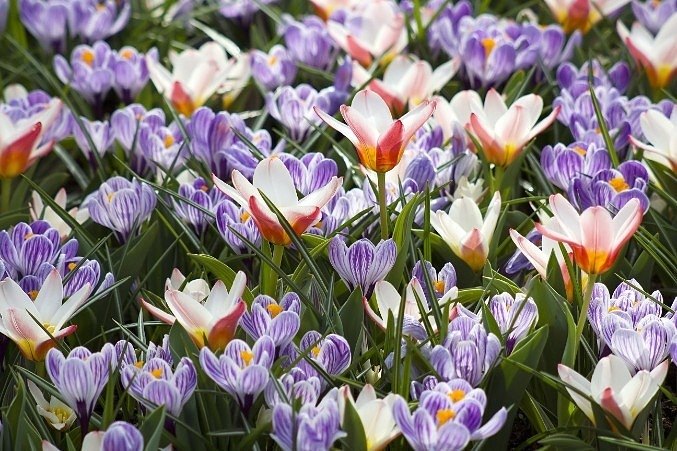
The planting season for most spring bulbs begins in September. Tulip bulbs, however, should be planted in November.
Check for disease
Always check your bulbs for any signs of disease. If in doubt, don't plant them out. Planting diseased bulbs means the risk of spreading diseases to other plants.Take a look at your soil
Good soil means good growth. If you're planting bulbs in pots, use a good quality compost with sufficient nutrients to support growth.Mix it up
Try dropping your bulbs and allowing them to scatter, then plant wherever they land. Planting like this means they'll look more natural once in bloom. Scatter the bulbs between a sunny and a semi-shaded spot for the best results.Plant your bulbs at least four inches deep and around 5 inches apart.
Need a hand? We have a whole host of hand tools to help you on your way.
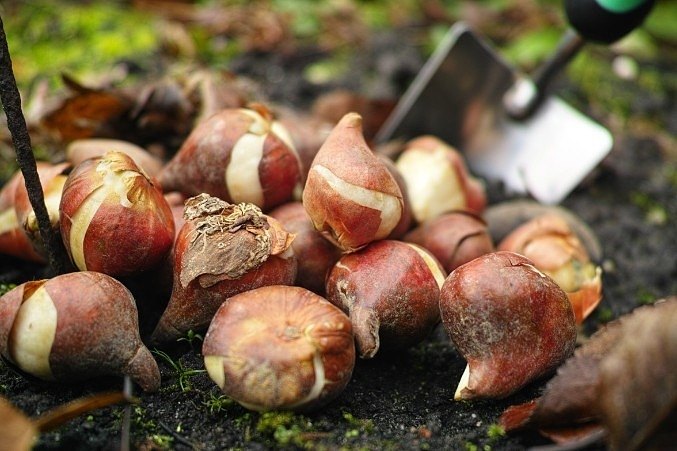
Layering bulbs in pots
When planting in pots, lasagne planting is one of the best ways to create dynamic displays of multiple flowers.
Firstly, organise and prepare bulbs for planting across three sections. Ensure the pot has ample drainage holes to stop water pooling at the bottom, which can lead to rotting.
Next, add with a layer of gravel, then follow with a relatively deep layer of soil. The first bulbs you plant will be those that will flower last. These should be planted around one inch apart.
Add another layer of soil over the bottom layer of bulbs until covered, repeat the process with the middle layer of bulbs and cover again with soil.
The final layer of bulbs will be those that flower first. Add your final layer of soil until bulbs are tucked in and top with a layer of mulch or gravel, then give them a good watering.
Add another layer of soil over the bottom layer of bulbs until covered, repeat the process with the middle layer of bulbs and cover again with soil.
The final layer of bulbs will be those that flower first. Add your final layer of soil until bulbs are tucked in and top with a layer of mulch or gravel, then give them a good watering.
TIP: Select a mix of bulbs with varying flowering times for long-lasting displays and make sure to deadhead once the plants die back to keep pots tidy.
Get potting
If you're planting in pots or containers, make sure your pot is the right size for the bulbs based on the above planting advice. Be sure to select a pot with an adequate drainage hole.Squirrels beware
Many will understand the frustration of spending your precious time planting only to later discover a squirrel has replanted for you, thanks, but no thanks... A layer of pot topper gravel or mesh wire works well as a deterrent.All that is left now is to get your gloves on and to get out in the garden, happy growing!
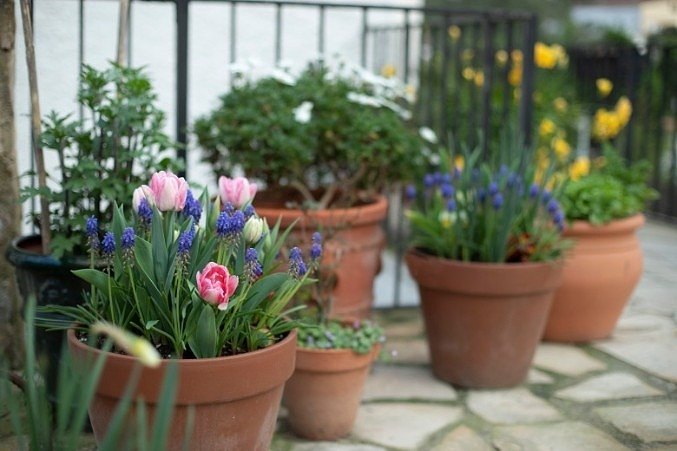

Industry Insiders: Arundel Castle Gardens
we had the opportunity to explore the incredible gardens and talk to Martin Duncan, head gardener at Arundel Castle. Take a break and read about the preparation that goes on during autumn in time for the tulip bonanza in spring!CLICK TO READ
Spring bulb essentials
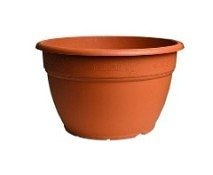
Terracotta Bulb Plant Pots
Manufactured in tough and hardwearing plastic and predrilled with drainage holes, ideal for planting bulbs and shallow-rooted plants.SHOP NOW
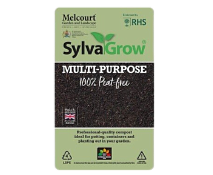
Sylvagrow multipurpose
Melcourt Sylvagrow is a unique blend of fine bark, wood fibre and coir. Sylvagrow does not contain peat or green waste compost.SHOP NOW
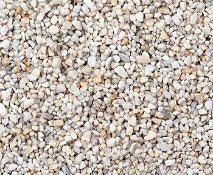
Pot toppers & gravel
Stop pests from digging up your container bulbs with a layer of decorative stone, remember to remove before your bulbs start poking through in spring!Comments (0)
Why not be the first to send us your thoughts?
Leave A Comment
Most popular articles
1
Plastic plant pots dimensions and uses2
Peat vs Peat Free - Choosing the right Potting Compost3
How to Grow Watercress at home in plant pots4
January Jobs5
Our guide to seed sowing compost
